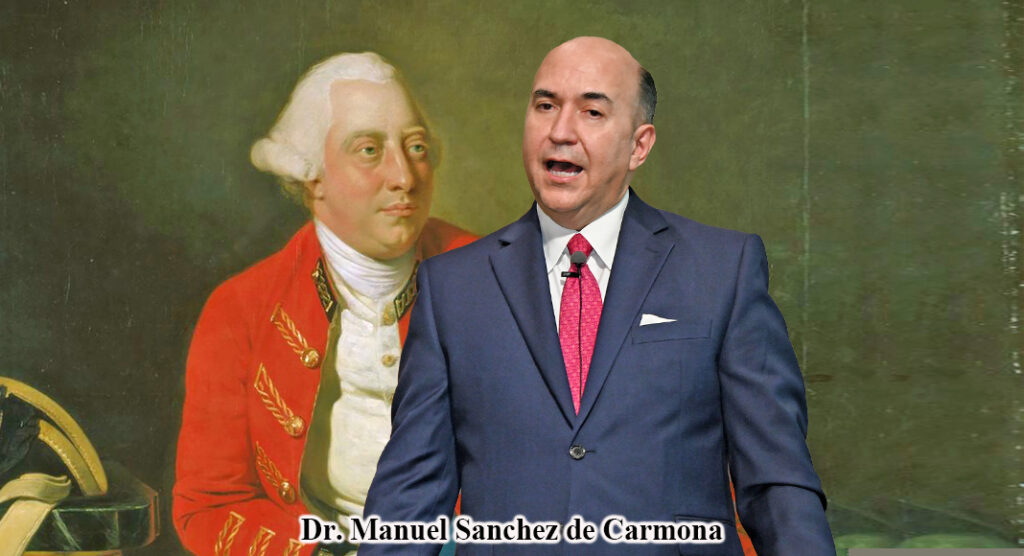
Mega Doctor News
The 13th Annual International Behavioral Medicine Conference, hosted by DHR Health, served as a compelling demonstration of the continuously evolving field of mental health. This year’s conference, aimed at professionals and enthusiasts, extended beyond traditional behavioral medicine, and went into the complex interplay between history, royalty, and mental health, focusing on King George III’s legacy. Known for its commitment to fostering relationships, knowledge, and research, the conference challenged and inspired its attendees to examine behavioral health management issues in clinical settings. It spotlighted disorders where psychiatric illnesses masquerade as physical diseases, offering tools for more effective management and optimizing patient care and outcomes.
Dr. Manuel Sanchez de Carmona, a renowned figure in mental health and a distinguished member of the International Society for Bipolar Disorders Board of Directors, was a special guest. With over 25 years of clinical experience, especially in treating mood disorders, Dr. Sanchez de Carmona brought a powerful voice to the discussion on mental health, emphasizing education on bipolar disorders and fighting public stigma against mental health conditions. His examination of King George III’s mental health offered a unique perspective on how mental illness intersects with historical figures of significant stature, providing a rare insight into the mind of a monarch who battled a largely misunderstood mental illness.
King George III, renowned for his long reign and as the last king to rule America, was presented as a case study on the non-discriminatory nature of mental illness against status or power. The conference explored his life, his passionate involvement in the arts and sciences, and his struggles with mental illness, believed to be bipolar disorder today. This examination provided a historical recount and a narrative enriched with lessons on the diagnosis, management, and impact of mental health issues.
Furthermore, the conference highlighted using computational linguistic analysis to study King George III’s writings, offering groundbreaking insights into his mental state. This approach, similar to modern GPT research methods, showcased the potential of artificial intelligence in enhancing our understanding of historical figures’ psychological profiles.
Dr. Sanchez de Carmona’s presentation stressed the importance of a compassionate and comprehensive approach to diagnosis, advocating for healthcare professionals to consider the broader context of their patients’ lives. The story of King George III served as a reminder of the complex relationship between mental health and leadership, emphasizing the significance of understanding and addressing mental health issues both in contemporary society and through the lens of history.
In this issue, learn more about King George III and Dr. Sanchez de Carmona.










